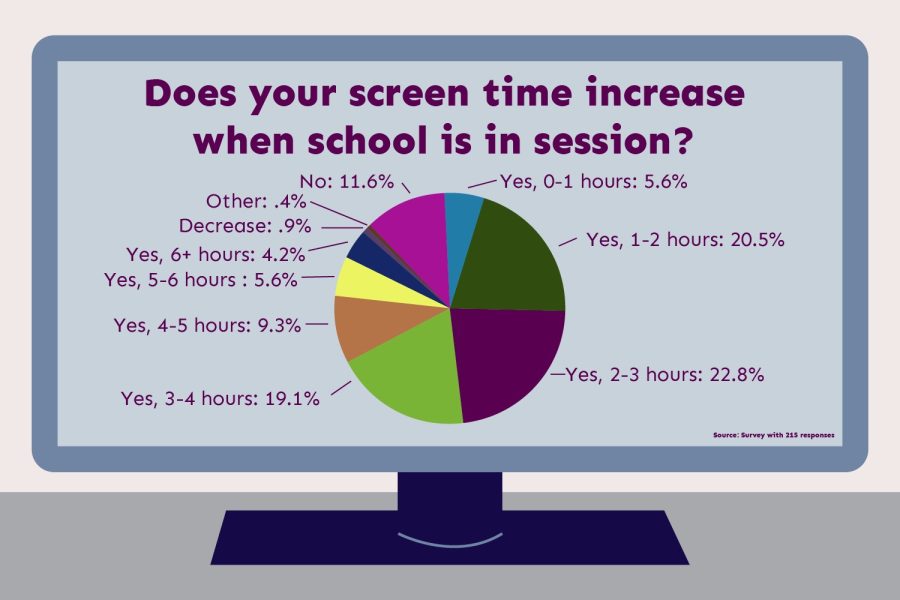You’ve arrived at college. You’ve moved in, hung up all of your Mac Demarco posters and met the guys next door.
After a haze of new classes and old friends, take a second to reflect on where you are and where you’re hoping to go this year. The beginning of the school year is a great time to change habits that didn’t work in the past.
With thoughts of sitting on the green and going out at night, it can be hard to remember that academics are a part of college, too. Maybe last year you didn’t pass a class or you’ve been avoiding that last science credit you need to graduate.
Maybe horrid memories of high school pre-calculus are making you nervous to give math another go in college. Here are some tricks to help make that intimidating subject into something you can both survive and thrive in.
QUESTIONABLE TACTICS
Ibrahim Senay, an assistant psychology professor at the University of Chicago, studied internal motivation by comparing the exercise results of two groups of participants who wrote down either the words “I will” or “will I” 20 times each.
Results suggest that framing a goal as a question could be effective because it takes off the majority of the pressure, leaves room for personal choice and presents the goal to your mind as a challenge rather than a chore.
Mold this theory to fit your personal study schedule.
YOU WERE NEVER BAD TO BEGIN WITH
How many times have you heard, “Oh, I’m just not a math person,” or worse, “Girls are bad at math”?
Science has recently determined that these aren’t valid excuses.
Kou Murayama, a University of California, Los Angeles, psychology researcher, busted this stereotype.
“While intelligence as assessed by IQ tests is important in the early stages of developing mathematical competence, motivation and study skills play a more important role in students’ subsequent growth,” Murayama said in a study that was published in the journal, Child Development.
It is more about “nurture” than “nature.”
For the sake of your GPA, convince yourself that you were never bad at a subject.
Leave the past in the past. Don’t feed into your inherent anxieties. Start anew.
Give yourself a chance to look at the subject in a new light, almost like you’ve never experienced it before.
Walk in to class with confidence, even if it means faking it at first. Remember that you were not born with a deficit in this subject.
NO IFS OR ANDS, ONLY BUTS
Using the word “but” has been shown to help change the course of negative thoughts.
“Habits are malleable throughout your entire life,” wrote Charles Duhigg, a writer for The New York Times.
When a habitual negative thought pops up, try ending it with “but” and create a positive ending.
For example, “I didn’t understand anything the teacher said in chemistry today, but tomorrow I’ll try to go to his office hours and clear things up.”
Allow room for mistakes and accept them as part of the learning process.
You improve if you set your mind for success.













